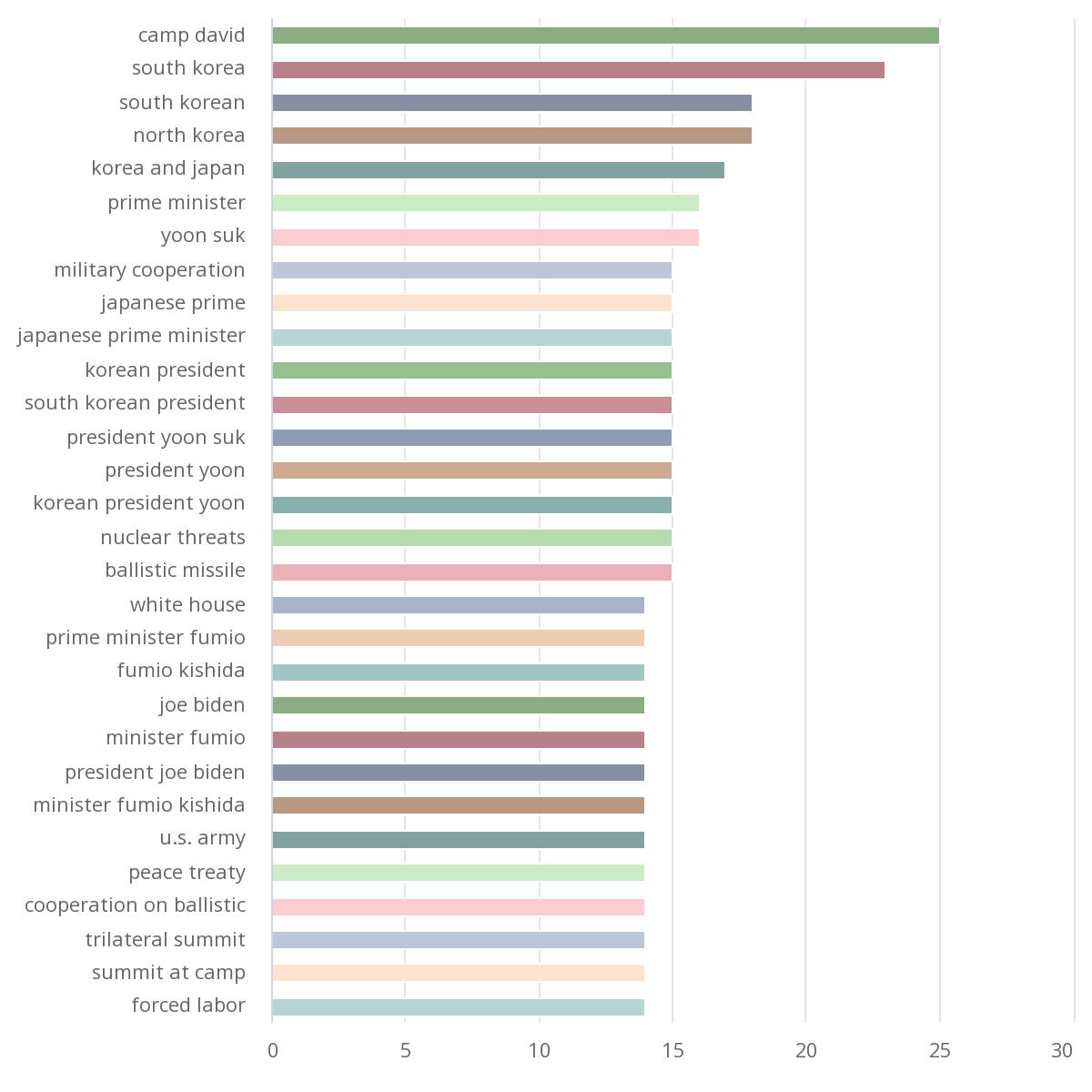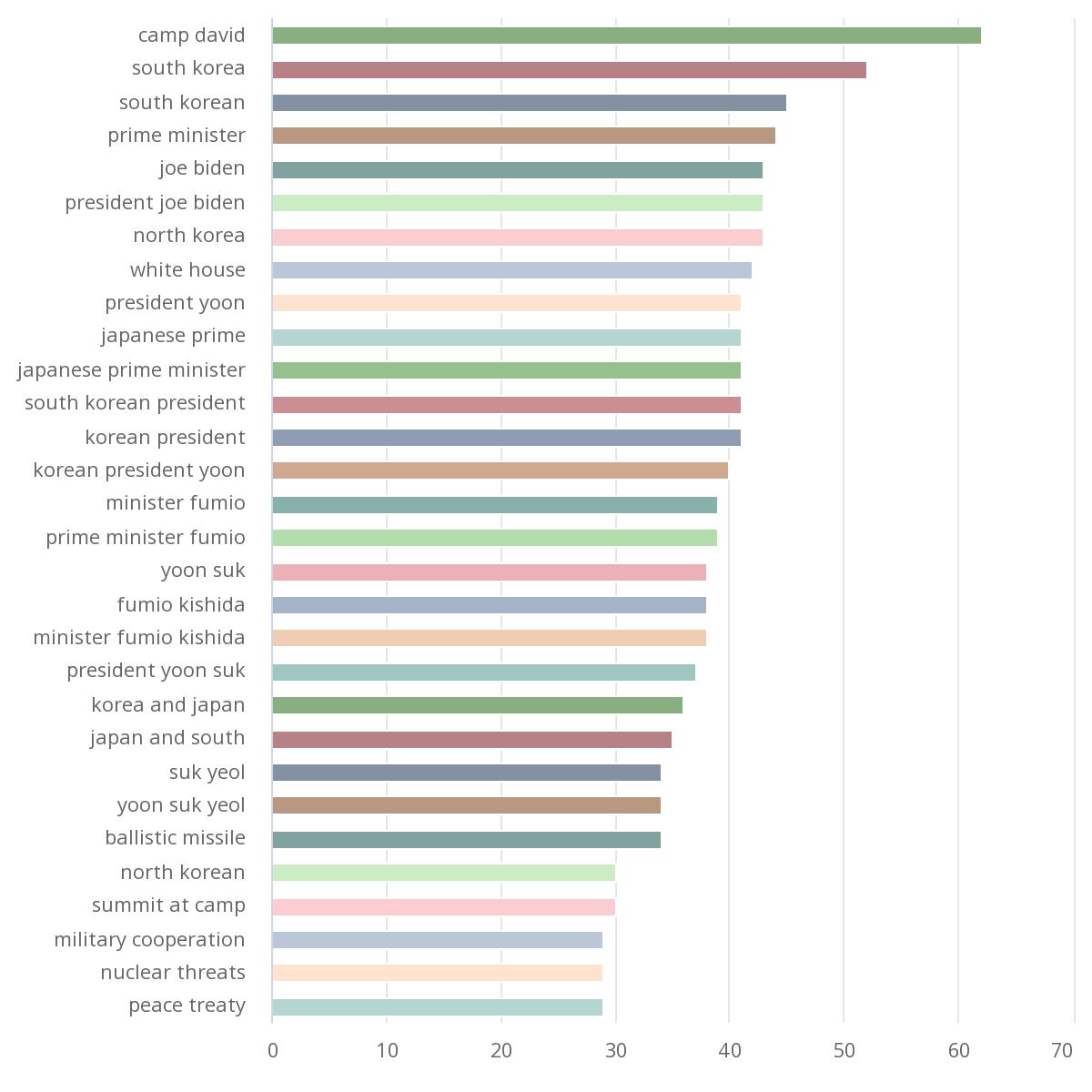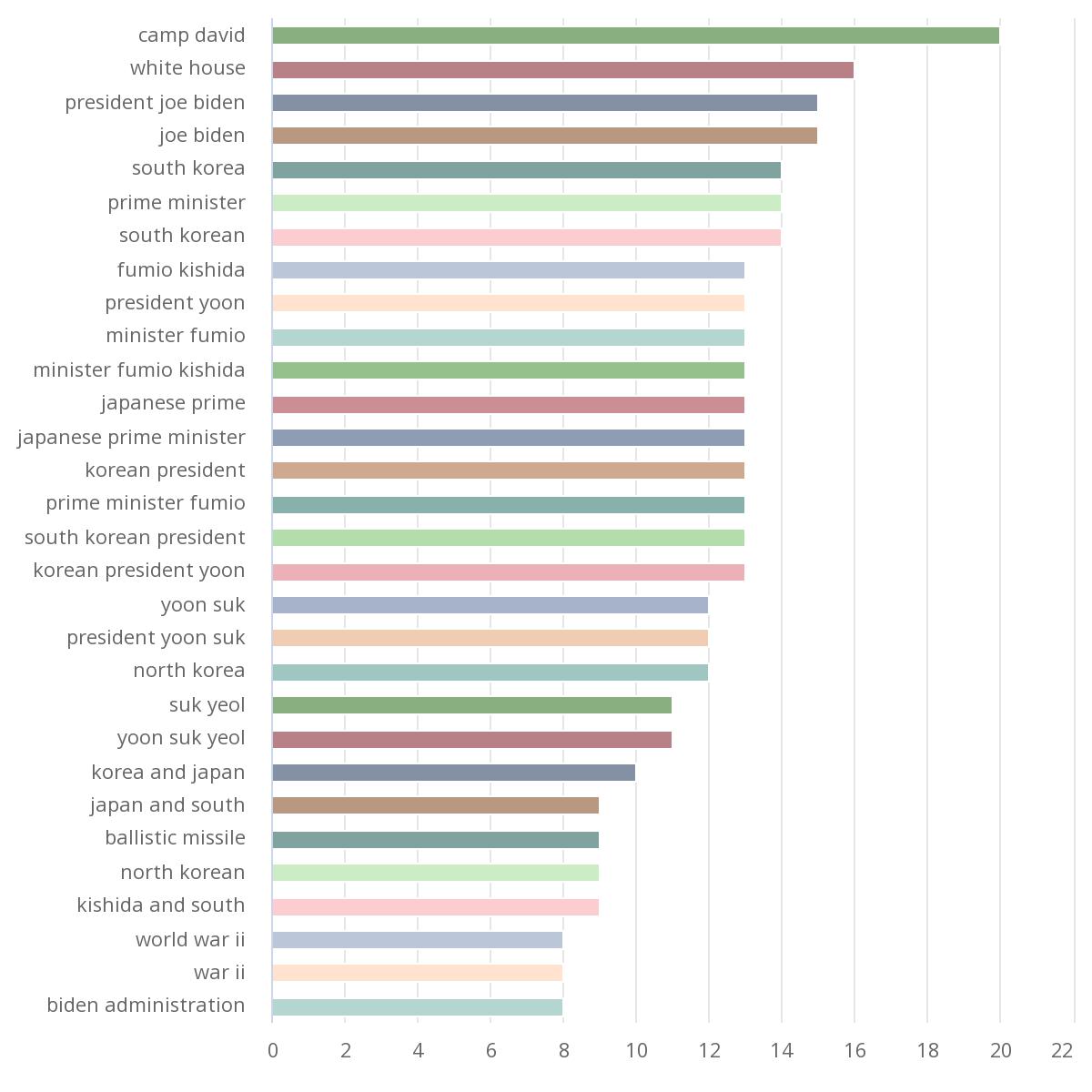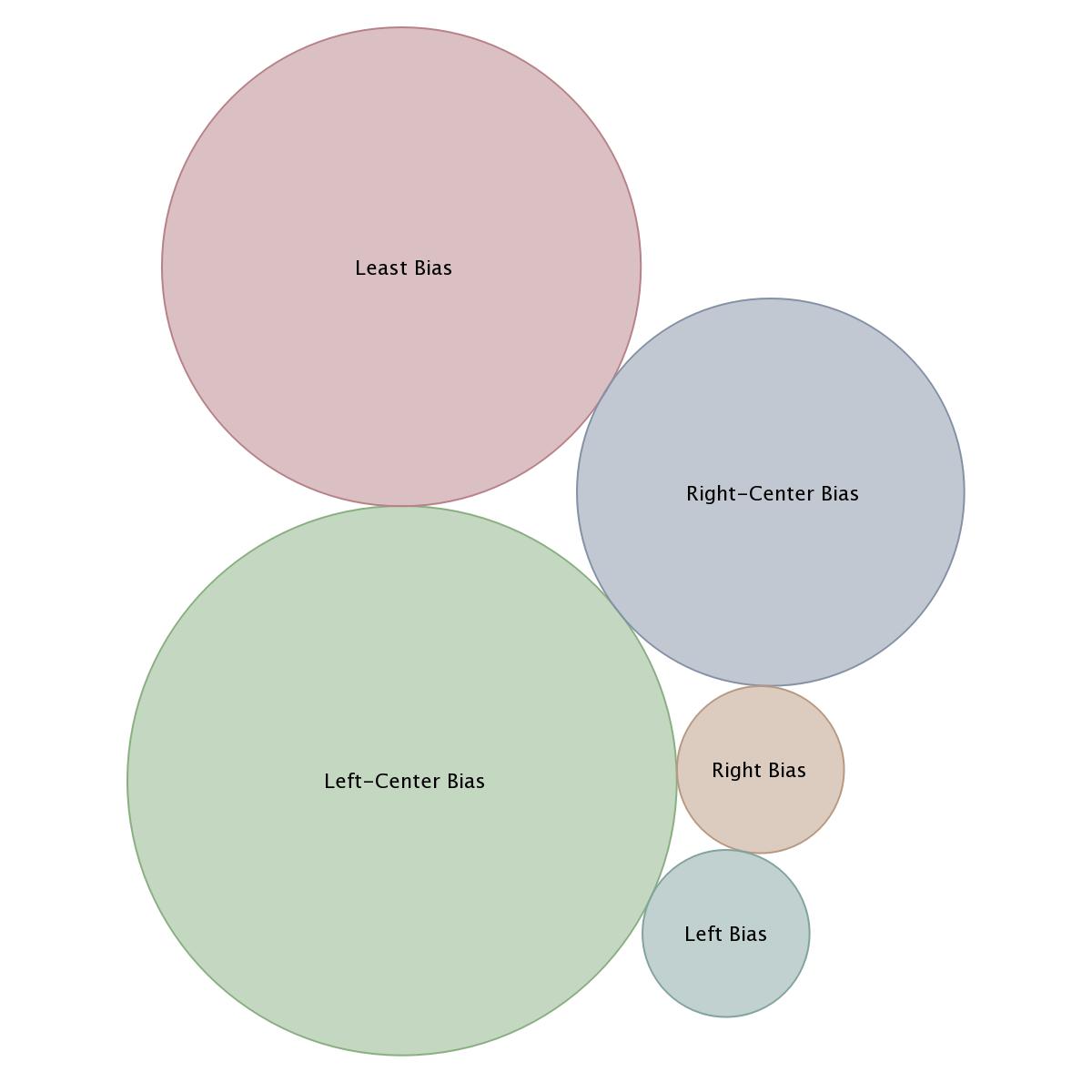
The narrative of President Joe Biden's meeting with the leaders of Japan and South Korea at Camp David on August 18 is centered around fostering unity in the Pacific region in response to China's assertiveness and North Korea's nuclear threats. The meeting is seen as a historic diplomatic visit and an opportunity for rapprochement between Japan and South Korea. The main issues being discussed are the need for unity in the face of China's assertiveness and North Korea's nuclear threats.
Our Kudzu Narrative Intelligence briefs auto-update every few hours with fresh analysis:
Topic Sentence: The meeting between President Biden, Japan, and South Korea at Camp David aims to foster unity in the Pacific region.
Topic Sentence: President Biden's meeting with the leaders of Japan and South Korea at Camp David joins a long list of historic, diplomatic visits to the presidential camp.
Topic Sentence: The rapprochement between Japan and South Korea is fragile but driven by the changing security landscape in the region.
The top surfaced keywords in the U.S. media provide valuable insights into the current narratives and topics of interest. A comparative analysis reveals some interesting patterns:
These surfaced keywords reflect the competing narratives surrounding diplomatic relations, political leaders, and regional dynamics. The prominence of certain keywords can be attributed to factors such as ongoing events, geopolitical tensions, and media coverage biases. By analyzing the surfaced keywords, we gain valuable insights into the narratives that dominate the U.S. media landscape.
In the left-leaning U.S. media, additional surfaced keywords provide further insights into the narrative focus:
The inclusion of these keywords in left-leaning media narratives suggests a focus on social justice, international relations, and human rights concerns.
Right-leaning U.S. media outlets also present unique surfaced keywords that shape their narrative landscape:
The presence of these keywords in right-leaning media narratives suggests a particular emphasis on historical context, geopolitical dynamics, and political analysis. By examining these surfaced keywords, we can gain insights into the specific narratives and viewpoints presented in right-leaning media outlets.

Left-Leaning in U.S. Media

Sources in U.S. Media

Right-Leaning in U.S. Media
According to our Narrative Intelligence, the analysis of media coverage across political leaning reveals interesting insights on bias in U.S. media. Comparatively, left-center sources have the highest bias with 52% of the coverage, followed by least bias with 43%, right-center bias with 34%, right bias with 8%, and left bias with only 2%. This indicates a significant difference in the numerical distribution of media coverage across political leaning.

U.S. Media
Note: Kudzu Narrative Intelligence briefs update every few hours. Very likely, the Narrative Analysis data visualization depicted in the graphic above will have changed as well.
Image Credit for Article Header: The White House, Public domain, via Wikimedia Commons